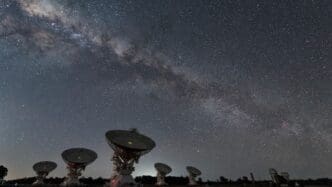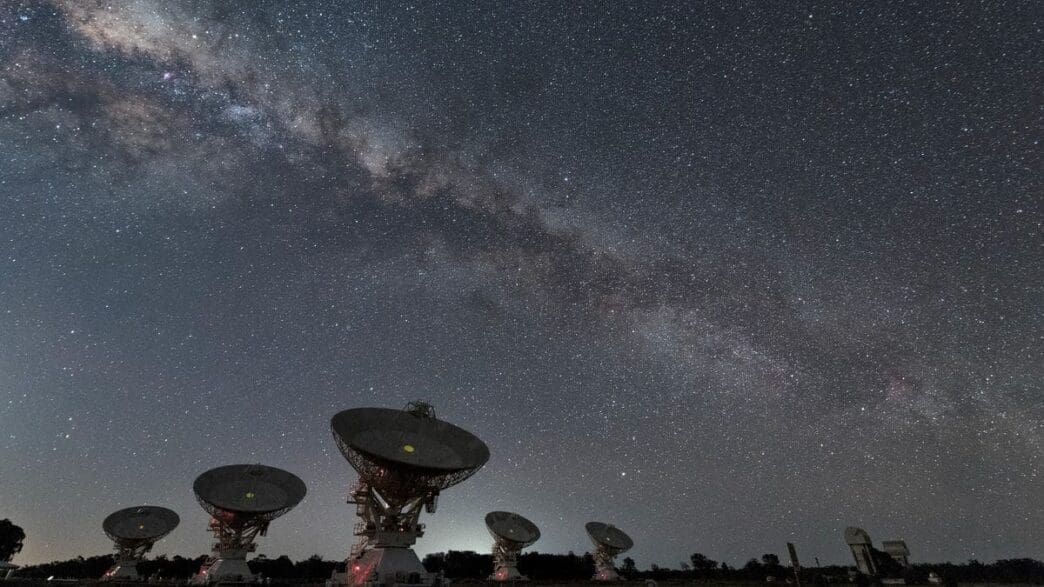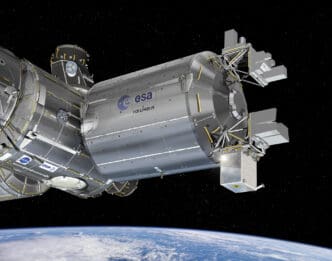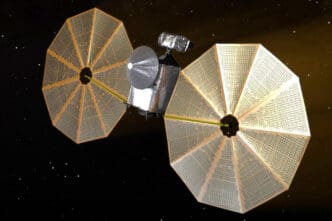The quest to understand why we have yet to encounter intelligent extraterrestrial life has captivated scientists and the general public alike. This enigma, often encapsulated by the Fermi Paradox, questions why, in a universe ripe for life, evidence of advanced civilizations remains elusive. One intriguing hypothesis addressing this mystery is the ‘Great Filter’ theory, which suggests that very few civilizations reach a sufficiently advanced stage for spacefaring capabilities.
The Fermi Paradox originates from physicist Enrico Fermi, who famously questioned why, given the age of the universe, we have not yet come across intelligent aliens. Our galaxy, the Milky Way, is over 13 billion years old, providing ample time for civilizations to flourish and expand. Theoretically, we should be observing advanced civilizations, characterized by phenomena such as Dyson spheres or stellar engineering, across our galaxy. However, such evidence is conspicuously absent, prompting a reassessment of our assumptions.
Economist Robin Hanson first articulated the ‘Great Filter’ argument in 1996, suggesting that very few civilizations reach the advanced spacefaring stage. This idea challenges the assumption that intelligent life is common and prompts us to consider where the bottleneck may occur. From the formation of a suitable star system to the evolution of intelligent life, there are multiple stages at which progress could stall. Hanson outlines a series of steps necessary for a civilization to reach an advanced state, including the emergence of reproductive molecules, prokaryotic life, and finally, a galaxy-spanning expansion. The ‘Great Filter’ may occur at any of these stages, limiting the number of civilizations that progress far enough to become detectable by us.
Observations suggest that the basic ingredients for life are common in the universe. Despite this, intelligent life, as seen on Earth, appears exceptionally rare. On Earth, intelligence emerged only once over billions of years. This rarity may pinpoint the ‘Great Filter’ at the stage of developing intelligence. If intelligent life is indeed common, our concerns may shift towards understanding why such species fail to colonize the galaxy. Potential barriers include self-destruction or external catastrophes, which could prevent civilizations from advancing.
Despite the looming concept of the ‘Great Filter’, humanity’s fate is not pre-determined. It is possible that galactic colonization presents challenges that are yet to be understood, or even lacks novelty. We might already have surpassed significant hurdles, making our current stage a rare achievement. The universe could be a vast frontier awaiting exploration, with humanity as one of the few capable explorers.
While the ‘Great Filter’ theory offers a plausible explanation for the Fermi Paradox, the true answer to why we haven’t found intelligent extraterrestrial life remains unknown. This scientific puzzle continues to drive research and debate, inspiring further exploration of our universe in search of answers.
Source: Space







